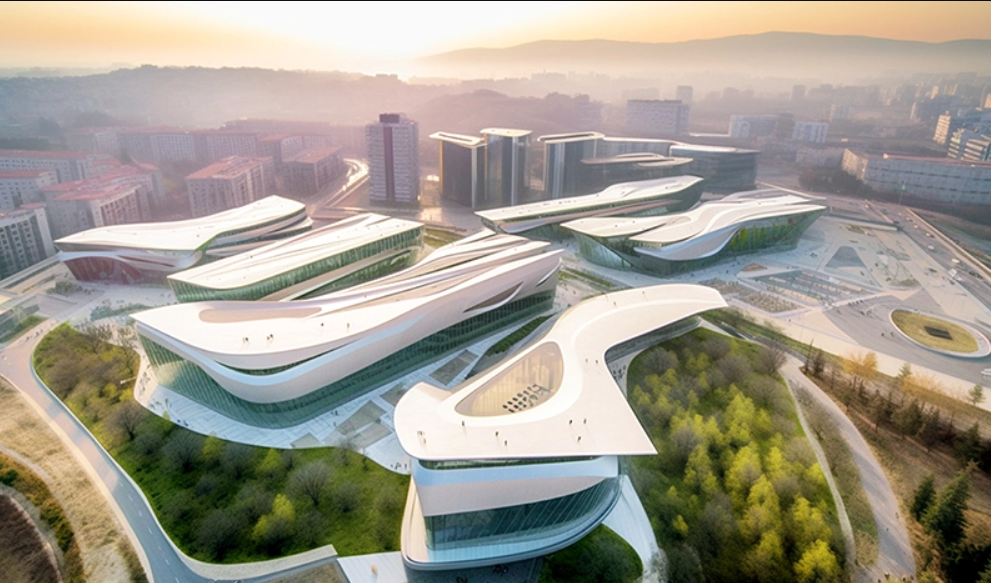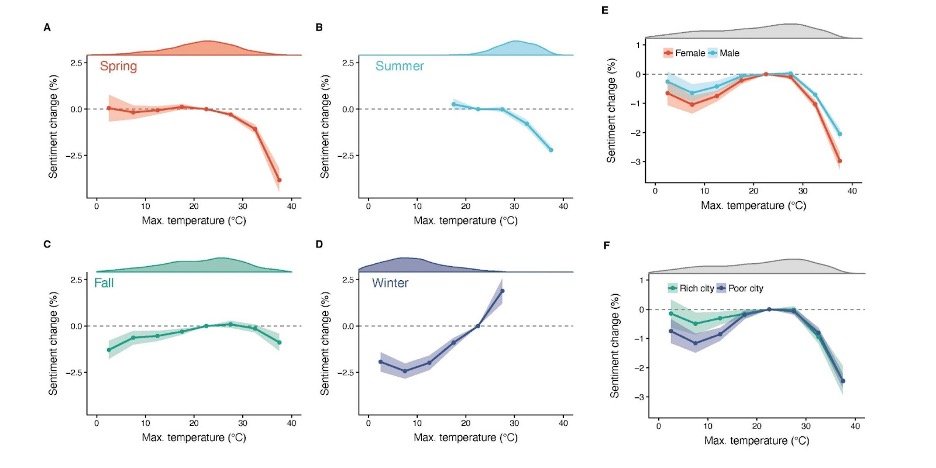Blog
Alternative Investments
There are two main types of alternative investments: the first consists of vehicles that invest in non-traditional assets, the second involves strategies that invest in traditional assets by using non-traditional methods, such as short selling and leverage.
Where we are and the scenarios in Real Estate
In the United States, investors with cash were waiting more than 18 months to enter the market, and now they see a new opportunity due to the expected drop in rates?
ESG in Real Estate
ESG (Environmental, Social and Governance) criteria are essential elements of our corporate culture and investment strategies.
2024 Spaulding Award
In November, the Center for Real Estate and the AACRE announced the return of the Spaulding Award to reestablish the tradition of recognizing outstanding professional achievements by our alumni.
Remote Work and City Structure
We study the adoption of remote work within cities and its effect on city structure and welfare.
A Blueprint for the Energy Transition
Society has gone through energy transitions in the past-but nothing like this one. The adoption of coal occurred over roughly five decades and the shift from coal to oil took more than three decades.
7 Uses for AI in CRE
At the CREW Convention, MIT's James Scott outlined how that technology can make your life easier.
Shortly after participating in the largest proptech expo, Americas Capital Investments disembarks in Brazil
Argentine businessman Ramiro Juliá will participate in the third edition of Blueprint, the technological event that brings together key players in the real estate industry.
Heat, Floods, Fire: Was Summer 2023 the New Normal?
Climate scientists say a warming planet is contributing to, and worsening, extreme weather events.
Suffolk Technologies Closes $110 Million Inaugural Construction Fund
The venture platform will target startups at the seed and Series A levels that focus on technology and software that make building more sustainable.
Quantifying the financial value of building decarbonization technology under uncertainty: Integrating energy modeling and investment analysis.
It was accepted by the journal, Energy and Buildings. The paper demonstrates how research can tackle the question of whether developers should choose traditional gas-based heating or fully electrific-based heating, or pursue a third option of flexible design.
Quantifying Climate Shocks
The study uses a novel dataset of property-level information and climate data to estimate the impact of "climate shocks," in this case, hurricanes and floods, on property values and rents.
What Really Brings People Back to the Office? The Easiest Commute.
Forget the rock-climbing wall. People just want an easy commute.
Artificial Intelligence's Potential Impact on the Commercial Real Estate Industry
"With the help of machine learning algorithms, real estate professionals can analyze vast amounts of data to identify trends and patterns and provide suggested listing prices with varying expected sales times in the market."
How property technology is changing commercial real estate
Real estate technology could permanently alter the development, marketing and management of properties.
How PE CFOs create value through all five stages of the investment lifecycle
Private equity CFOs are central to every stage of the investment lifecycle, setting priorities and spotting opportunities to maximize exit value.
How to Use Neuroscience to Build Team Chemistry
In this Nano Tool for Leaders, Wharton's Michael Platt shares seven science-based ideas to help you create a high-performing team.
MIT WORLD REAL ESTATE FORUM
The MIT Center for Real Estate has a highly-regarded, 35-year history of advancing the art and science of international real estate.
MIT Center for Real Estate advances climate and sustainable real estate research agenda
Projects, publications, and industry and academic networks generate avenues for the real estate industry to address the climate crisis.
Extreme Temperatures Impose an Emotional Toll on People's Subjective Well-Being
This week the U.N. Intergovernmental Panel on Climate Change (IPCC) reported the world will surpass the 1.5ºC warming threshold by 2030; the report makes it clear that the time to act on climate is now. With that threshold exceeded, extreme weather is expected to become the norm.




















